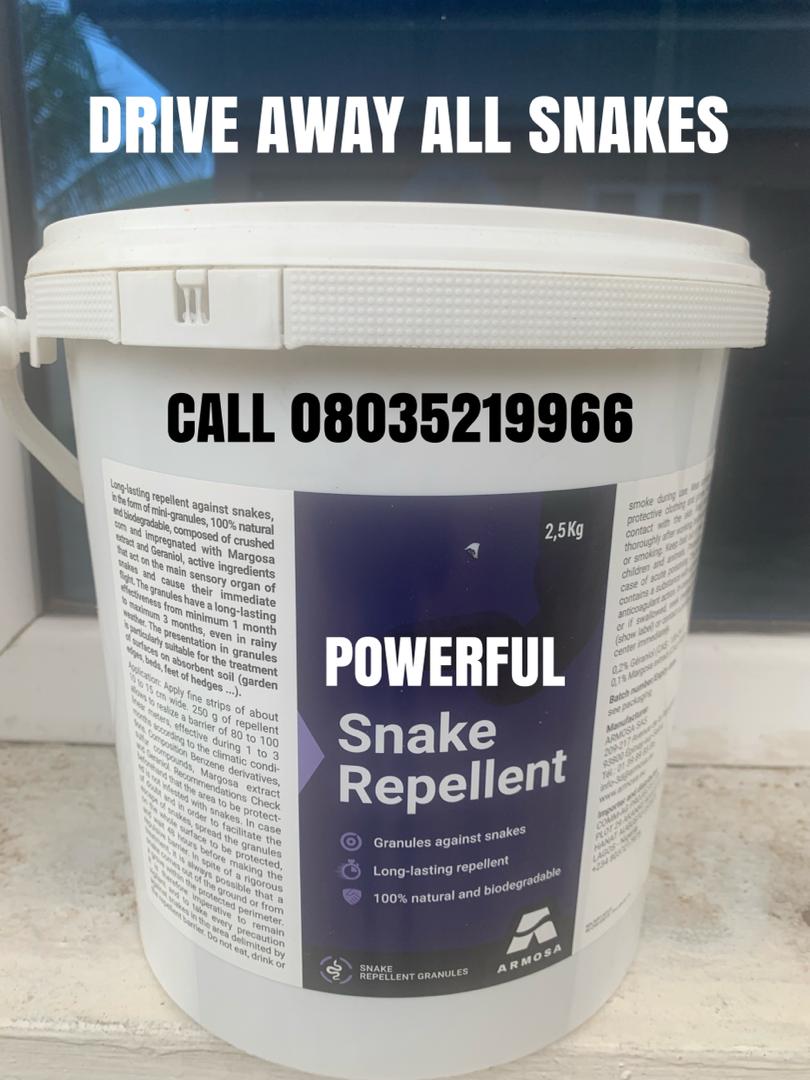The best way to manage parasitic diseases of catfish
Managing parasitic diseases in catfish farming is essential to maintain a healthy and productive stock. Here are the details on the best ways to manage parasitic diseases in catfish:
 Learn More
Learn More1. Prevention:
a. Water Quality: Maintain optimal water quality parameters (temperature, pH, dissolved oxygen) as poor water conditions can stress the fish and make them more susceptible to parasites.
b. Quarantine: Isolate and quarantine new fish before introducing them to the main population to prevent the spread of parasites.
c. Biosecurity: Implement strict biosecurity measures to prevent the introduction of parasites to your fish farm, including controlling access and minimizing contact with wild fish.
2. Parasite Identification:
a. Regular Sampling: Periodically sample fish for parasitological analysis to identify the types and levels of parasites present.
b. Consult a Fish Health Expert: Seek professional advice from a fish health specialist or veterinarian for accurate diagnosis and treatment of specific parasites.
READ ALSO When and How to Fumigate a Brooding House & Pen
3. Water Management:
a. Proper Pond Management: Regularly monitor pond conditions, maintain appropriate stocking densities, and avoid overfeeding to prevent overcrowding and excessive organic matter buildup, which can promote parasite growth.
b. Water Exchange: Use partial water exchange to reduce parasite concentrations and maintain a healthy pond environment.
4. Hygiene and Sanitation:
a. Regular Cleaning: Keep ponds and equipment clean and free of excess debris, which can provide hiding places for parasites.
b. Avoid Cross-Contamination: Prevent cross-contamination of equipment, nets, and water from outside sources.
5. Medication and Treatment:
a. Consult a Veterinarian: Work with a fish health specialist or veterinarian to diagnose and treat specific parasites effectively.
b. Use Approved Medications: Administer approved antiparasitic medications following label instructions and withdrawal periods for fish intended for human consumption.

6. Selective Breeding:
Consider breeding for parasite resistance by selecting individuals that show greater resistance to specific parasites. Over time, this can help develop a more disease-resistant fish population.
7. Nutritional Management:
Provide a balanced diet to support fish health and immunity, reducing their susceptibility to parasites.
READ ALSO How to delegate effectively for successful catfish farming business
8. Monitoring and Record-Keeping:
Regularly observe fish for signs of parasitic infections, such as abnormal behavior, skin lesions, or external parasites. Maintain detailed records of treatments, water quality, and fish health to track the effectiveness of your management practices.
ATTENTION: Click “HERE” to join our WhatsApp group and receive More updates directly on your WhatsApp!
9. Education:
Stay informed about the latest research and best practices in catfish parasitology. Continuously seek advice from experts to stay up-to-date.
The approach to managing parasitic diseases in catfish may vary depending on the specific parasite and local conditions. Consult with a fish health specialist or aquaculture expert to develop a customized management plan for your catfish farm.
🧩CREATED BY DR JOSEPH DEJI-FOLUTILE















